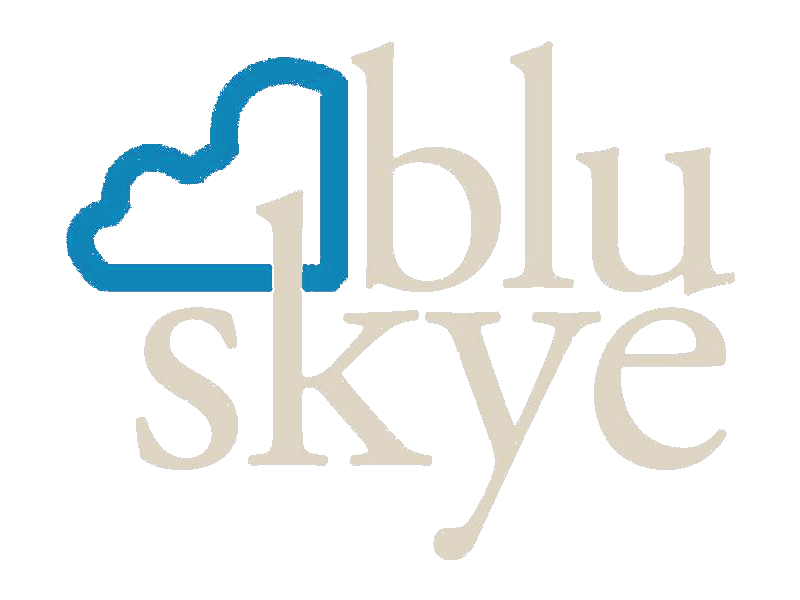
On October 23, 2025 when the current CEO of the world’s largest company introduced a former CEO and Board Chairman to talk about about the genesis of sustainability at Walmart, each of them deliberately went out of their way to acknowledge the other and the legions of other people who have made sustainability a force for good in the world. Lee Scott, the CEO who hired Blu Skye more than 20 years ago, made it clear that without support from Rob Walton, the former Board Chair, he never could have proceeded. Rob in turn indicated that he didn’t do much, Lee did it all. And they both praised Doug McMillon, the current CEO, for his continued stewardship of the work. For his part, Doug spent most of his time giving credit to them and acknowledging all the leaders who stepped up and ultimately wove sustainability into the culture of the company. Uncanny, unusual, and counter-intuitively powerful in this time of influencers, celebrity, and performative politics.
This leadership trait, and the culture that underpins it, is why Walmart is the world’s biggest company. They sell for less, yes, but the humble, aw-shucks culture is actually their greatest source of competitive advantage. And, it is also why Blu Skye has supported Walmart’s sustainability journey from its beginning in 2004. We fit. When I first met Rob Walton and Lee Scott 21 years ago in a windowless conference room inside a drab renovated distribution center in Bentonville, Arkansas to talk about the possibility for sustainability to be an offensive business strategy built on innovation, I asked Lee, “what motivates people at Walmart?”. He responded, “people here want to do the right thing.” In turn, I said, “if that’s true, sustainability will work.” And based on results, Lee was right and sustainability has thrived.
This isn’t to say that Walmart is a sustainable company, much less a regenerative company. Far from it. Are they sustainability leaders in relation to their retail peer set? Absolutely. Have they positively influenced suppliers and helped to mainstream sustainability worldwide? For sure. And are they still at the beginning in terms of what’s possible to align people’s core needs with planetary health? Yes.
We are in a time of dramatic change. When Lee Scott delivered his Leadership in the 21st Century speech in 2005, there were 6.5 billion people on earth. Today there are 8.2 billion. Twenty years from now we’re projected to have almost 9.5 billion. It isn’t a question of ‘if’ humanity will better align our economic activity with the way nature functions best, it’s just ‘when’ and ‘how.’ Today, as tech-powered productivity skyrockets and AI company valuations surpass $10 trillion, will we also infuse wisdom into the machines to help bring out the best in people and value the earth that provides air, water, and food for free? If any large economic actor today can influence this, its Walmart in its humble, aw-shucks kind-of-way.
